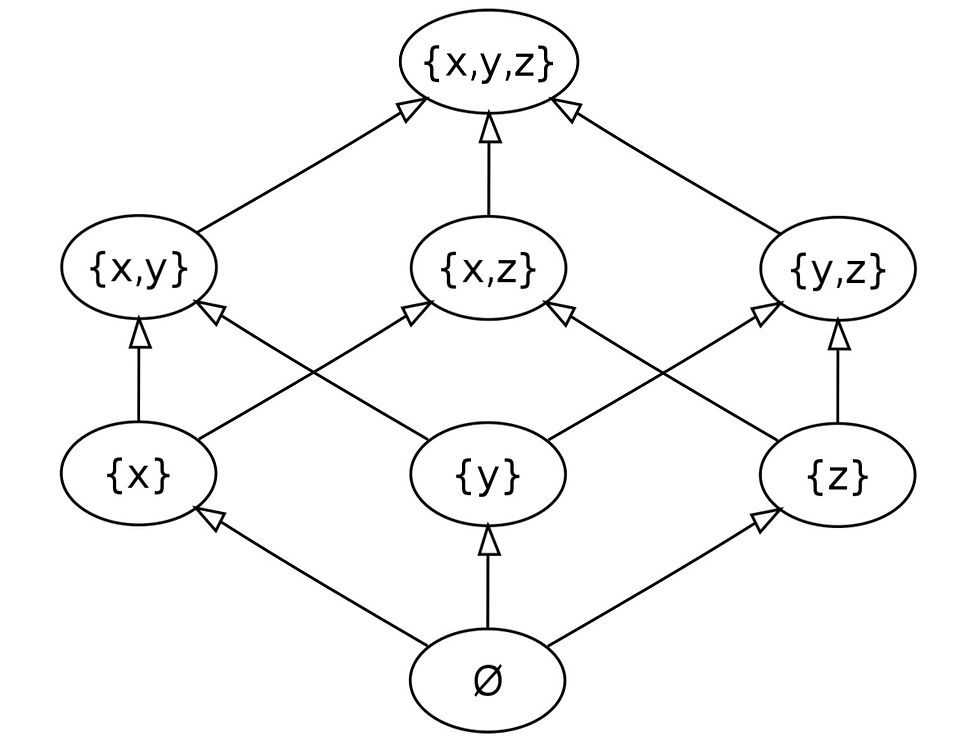The Spatial Content of Logic — Lingyuan Ye
vr 04 nov
|SP D1.116


Time & Location
04 nov 2022, 17:00
SP D1.116
About the event
Abstract:
Descartes completely changed our mathematical vision, by finding a correspondence between spaces (geometry) and equations (algebra). Starting from high school, we have learnt that x^2+y^2-1 can be viewed as the the unit circle in the Euclidean plane, and a lot of algebraic arguments we do have very natural geometric meaning behind them, and this geometric intuition serves as a guide for many algebraic solutions. Modern algebraic geometry extends this picture to also allow a geometric study of solutions on any rings other than R or C, like Z or Q. The powerful tools developed in topology suddenly applies to number theory, and derives powerful results.
What I intend to convey in the talk is that the situation in logic is exactly the same, by viewing theories as algebras and models as spaces. Notice in logical terms, we may view x^2+y^2-1 as a formula, and the points in the unit…